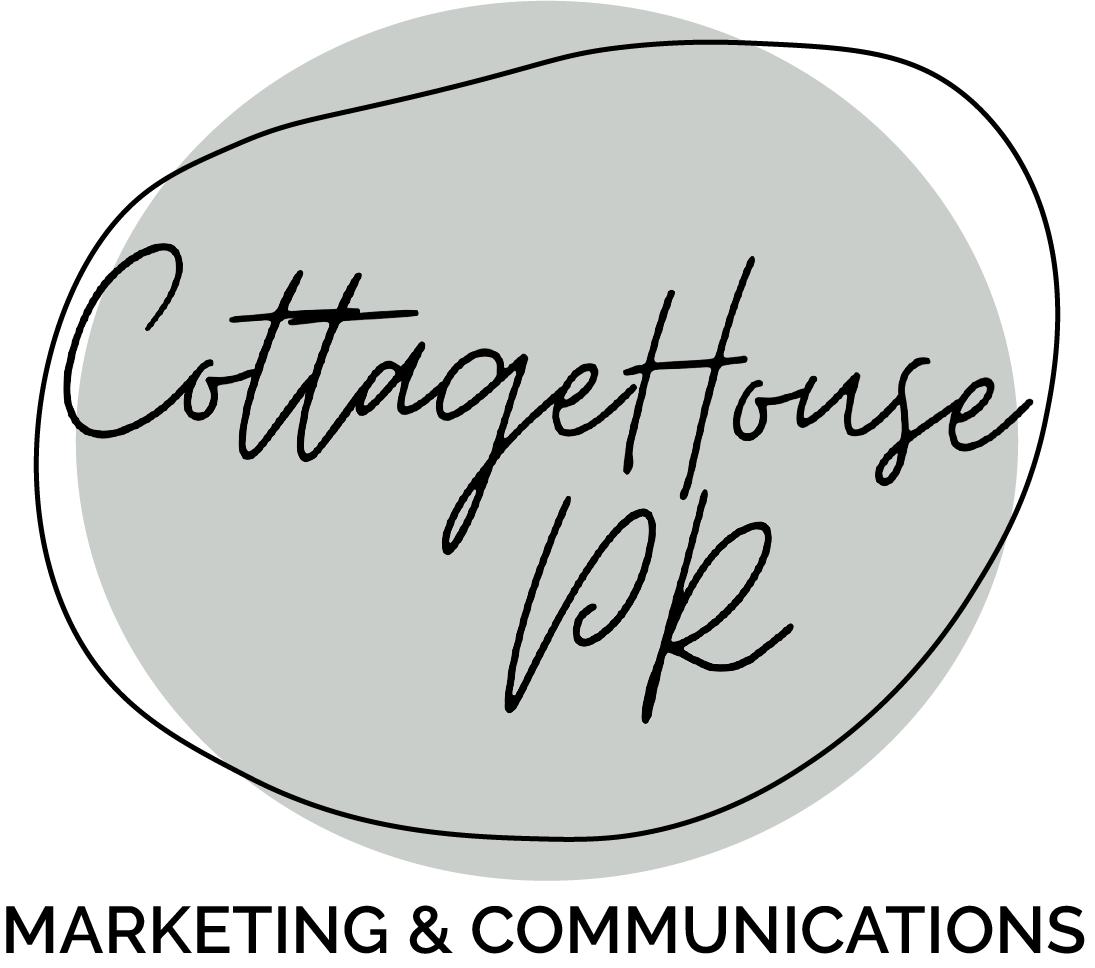
Have a Media Interview Scheduled? Here’s How to Prepare
After pitching journalist after journalist about your company and desire to speak with them about your experiences, one finally responds: Sure. I’d like to learn more—when are you available for a call?
You reply with a few dates and times, wait for their response and then send over a calendar hold to confirm. The call will take place in two days. You’re feeling excited and confident! But are you completely ready for what’s next? A pang of nervousness might be entering your system right about now. There are so many possible missteps that can take place during the call.
Fortunately, there are a few steps you can take to prepare yourself:
Do Your Research
You may already have a pretty good idea of what the reporter you’re going to be speaking with covers—if not, you should. It can’t be expressed enough how important it is to know whom you are talking to, from their most recent stories and tweets to their past coverage beats and roles at other outlets.
Take a look at their latest articles and how they’ve written about those companies. What do they focus on in those stories? Have they covered any of your competitors lately? What are they talking about on social? Are they voicing any opinions on your industry, company, or competitors? What about the outlet they write for? If you don’t have answers to any of those questions, start digging.
Jot Down Your Key Messages
Before you head into an interview, take time to think about a few messages you would like to get across during the meeting. These should be concise messages that provide journalists with background on your company, including who you are and what you do, as well as the company’s vision, goals, or mission, and, lastly, express why audiences should care about your company’s platform and products. These messages can change as your company grows, releases new products, and reaches new milestones.
Now here’s the challenging part: Although you might be tempted to list out dozens of reasons, you’ll want to narrow it down to three key points. It is also essential to keep your messages as short and direct as possible, while still providing enough details for your readers and listeners to gain understanding.
As the conversation flows, use these messages to bring your point home and continue to circle back on them as the conversation allows.
Speak in Sound Bites
Think back to a recent interview or speech you’ve watched. What made it memorable? Were there any lines that made you stop and think?
Experienced spokespeople often speak in sound bites—usually a short sentence or two—during their dialogues. These quick quips can increase the conversation’s notability as individuals pick and pull quotes to share.
However, to speak great sound bites, you first have to think in sound bites.
When talking about complex topics or situations, try to use relatable analogies that break the content down into an easy-to-understand concept. You also need to be careful not to ramble on about a topic or waffle around too much.
Remember: Speak clearly, use relatable analogies when necessary, and stick to your main points and key messages.
Be Peppy, But Not Over-the-top
You don’t have to be bouncing off of walls, but you should be alert!
If you start feeling groggy before your interview begins, grab a glass of water or cup of coffee, and do a few mini exercises and stretches to get your blood pumping. Review your notes and messages, test your audio, and get ready to dial in.
Keep in mind that nothing wrecks an interview quicker than a spokesperson that sounds half-asleep and has zero conviction. Be engaging, share your thoughts, and voice your stance on topics. Listen to the questions asked, and answer them earnestly.
Practice, Practice, Practice
Now that you have a handful of guidelines for preparing for an interview, you will need to practice them. Have an internal monologue, practice in front of a mirror, ask a colleague to perform a mock interview—anything that you think will help you prepare.
While you practice, be ready to accept that you can spend several hours preparing and still forget to mention a key point or make a mistake. It is okay if that happens. It does not make you any less brilliant unless you fail to learn from it. As you complete more interviews, you will continue to improve!
